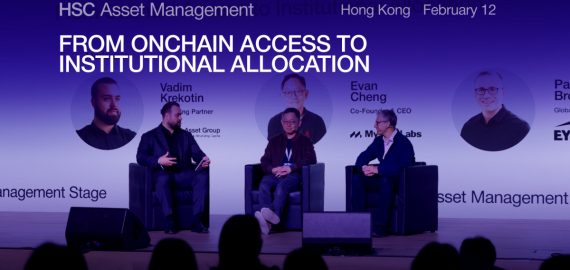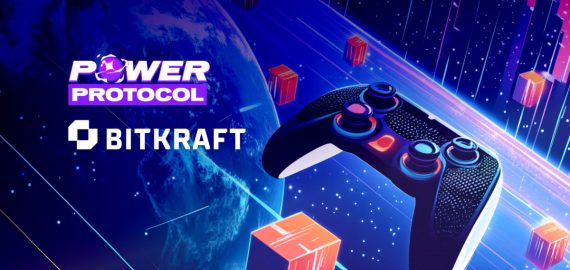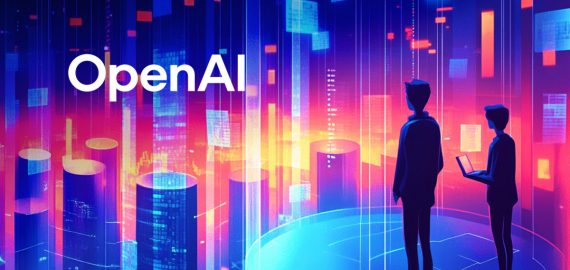The Hidden Cost of Free: Why Quality Information Is Hard to Find


In Brief
The internet has revolutionized information access, but its quality and reliability are increasingly questionable. Paywalls and subscription-based models limit access, leading to fake news, information inequalities, and dwindling trust in online content.

It is easy, in the age of the internet, to find answers to whatever question you may pose to your search engine – the internet has revolutionised our access to information, making it easier than ever to stay informed. However, to take this – and the information you find – at face value is a danger, as this access has not come without cost; the quality and reliability of much of this information have become increasingly questionable.
The challenges facing our knowledge sharing systems has led to more outlets implementing paywalls or relying on subscription-based models, limiting access to quality information and pushing more people to seek out alternative, free sources. This shift has led to the proliferation of fake news and bias, information inequalities, and dwindling trust in online content. Information that is both trustworthy and accessible is crucial to the functioning of a healthy society, and to be deprived of it will have profound, far-reaching consequences for public knowledge and our collective progress.
Two-tier information system
Over two-thirds of leading newspapers across the EU and US now rely on paywalls to make up for the revenue shortfalls caused by a rapidly evolving industry. While some readers are still willing to pay for their news, the majority – 79% of Americans – do not. Rather, they are circumventing paywalls and turning to free platforms, creating a two-tier system of information sharing, characterised by those who can afford quality news, and those who can’t. This divide undermines the most basic principles of journalism – the right of the public to be informed. This problem is not only confined to news media – academic journals also come at a great expense, with its high costs placing an unfair price tag on knowledge. Important research being carried out in scientific fields excludes a large part of the population from new findings, further exacerbating this knowledge gap.
Aside from knowledge inequalities, paywalls play a role in skewing information in order to drive traffic. They often restrict full access to articles, leaving non-paying readers with brief snippets or attention-grabbing headlines. Particularly prevalent in news media, clickbait tactics are prioritised over the truth to capture readers’ momentary attention, distorting and oversimplifying stories, and misleading audiences. Those who do pay for news subscriptions are likely to choose a small handful of outlets that align with their existing views, narrowing the diversity of information they receive and weakening public knowledge.
The proliferation of misinformation and bias
A common alternative for news sites are social media platforms – however, these sites regularly lack checks and balances on truth, consequently causing a surge in misinformation. Fake news has become so prevalent that the World Economic Forum considers it to be the world’s top risk in the next two years. Disinformation travels faster than the truth can be verified, particularly on social media sites that allocate minimal resources to fact-checking divisions, prioritising profitability and engagement instead. The line between fact and opinion is often blurred, making interpreting information difficult outside of the more obvious context provided with traditional news media.
Algorithms have further disrupted the free exchange of ideas on social media, which no longer serves as a digital public sphere with facts and opinion flowing freely. While algorithms don’t directly distort the truth, they have profound influence over who gets access to what information. Ideas are no longer allowed to compete freely – rather, our behavior online decides what messages reach us. When these messages are false, as they increasingly tend to be, algorithms trap users in an echo chamber of disinformation, meaning those who use social media as a news source – Gen Z, most commonly – are predominantly consuming false and damaging information.
While some platforms have attempted to implement measures to combat disinformation, such as X’s Community Notes, they have achieved limited success. The volume of content shared on social media platforms makes it nearly impossible to distinguish between fact and falsehood before incorrect information reaches thousands of users.
Topple paywalls to democratise information
It is evident that the way in which we are funding information sharing isn’t working, and relying on free sources isn’t sufficient. The existing media landscape needs to be reworked in favour of a more inclusive and sustainable model, one that champions truth and accessibility over fake news and profit. Currently, credible information is hiding behind paywalls, leaving those who can’t pay left to perpetuate a dangerous cycle of distorted or preconceived ideas. A decentralised protocol to improve the production and consumption of news media and academia could tackle this issue to serve the public interest, democratise access to information, and create economically viable and information sharing mechanisms.
Deconstructing the economic barriers that restrict information and opening up systems of quality control will allow us to rid the media landscape of poor quality content. By harnessing the power of markets, we can produce better outcomes for both consumers and producers of information. Removing paywalls in favour of tipping-based revenue streams means removing barriers to knowledge and editorial directions, restoring reliability in content we consume and allowing us to obtain diverse viewpoints from a range of sources. Although it is impossible to seek information completely free from bias, the plurality of information allows us to reconsider what we think, as well as better understand others points of view.
Scientific fields of research must also undergo this shift, and blockchain technology would remedy some of the most pressing challenges facing academia. Corporate greed and exploiting the underpaid labour of researchers has led to some universities struggling to afford the journals they need access to – and that’s not to mention the public. Decentralised science (DeSci) can revolutionise the future of scientific research through innovative funding methods, increased accessibility and improved peer review mechanisms. This would update the public’s current infrastructure for information, while accelerating academic advancements.
It is clear that our knowledge sharing systems need to be remodelled to reject private corporations interest and ensure news and information is available to everyone, at minimal cost. This wouldn’t simply enhance what we can learn, but ensure that the content we’re consuming can be trusted. This alternative is possible, but only if we harness the power of decentralisation and blockchain technology.
Disclaimer
In line with the Trust Project guidelines, please note that the information provided on this page is not intended to be and should not be interpreted as legal, tax, investment, financial, or any other form of advice. It is important to only invest what you can afford to lose and to seek independent financial advice if you have any doubts. For further information, we suggest referring to the terms and conditions as well as the help and support pages provided by the issuer or advertiser. MetaversePost is committed to accurate, unbiased reporting, but market conditions are subject to change without notice.
About The Author
Ciarán Murray, the founder of Olas, has extensive experience in the blockchain industry. He has been involved in various blockchain projects over the years and recently developed a proof-of-concept for synthetic assets. Before his work in blockchain, Ciarán had a career in the media industry, including a role at British Sky Broadcasting. His background provides him with a unique perspective on the challenges within the media industry and how blockchain and distributed technologies can be applied to address them.
More articles

Ciarán Murray, the founder of Olas, has extensive experience in the blockchain industry. He has been involved in various blockchain projects over the years and recently developed a proof-of-concept for synthetic assets. Before his work in blockchain, Ciarán had a career in the media industry, including a role at British Sky Broadcasting. His background provides him with a unique perspective on the challenges within the media industry and how blockchain and distributed technologies can be applied to address them.


















































